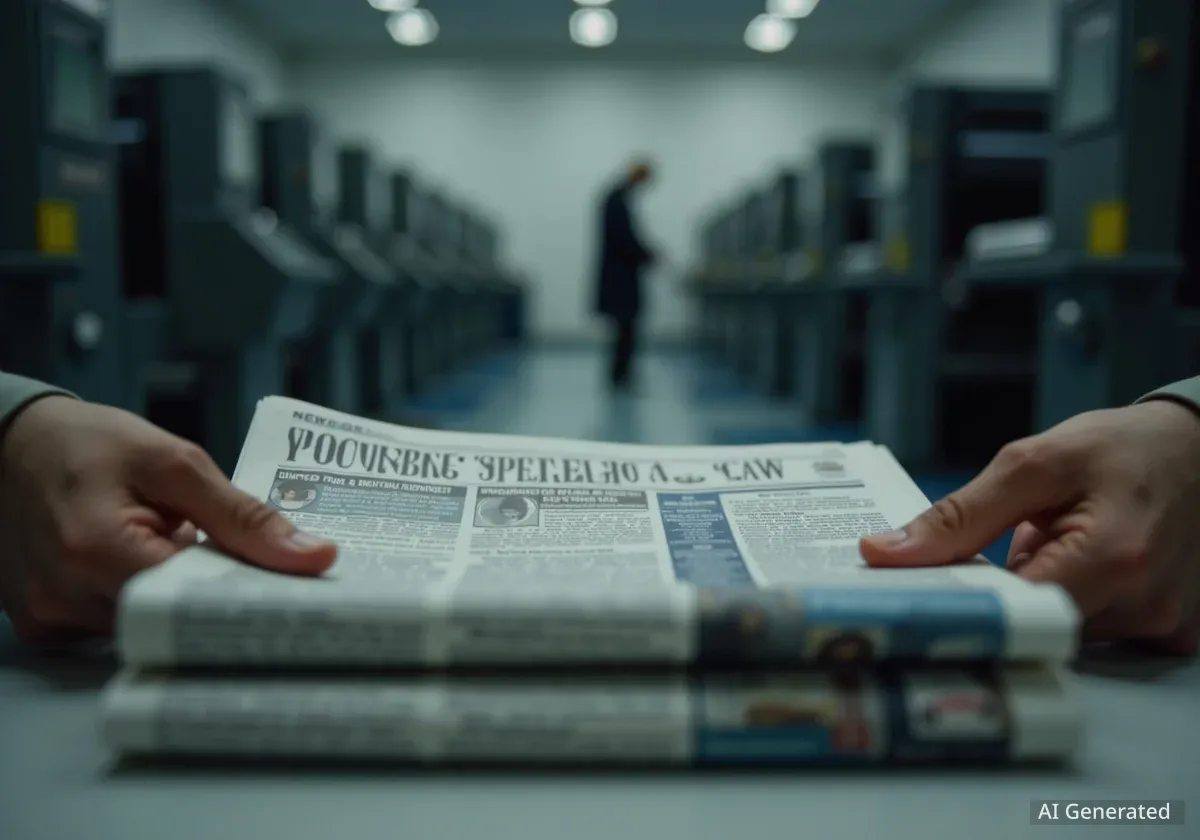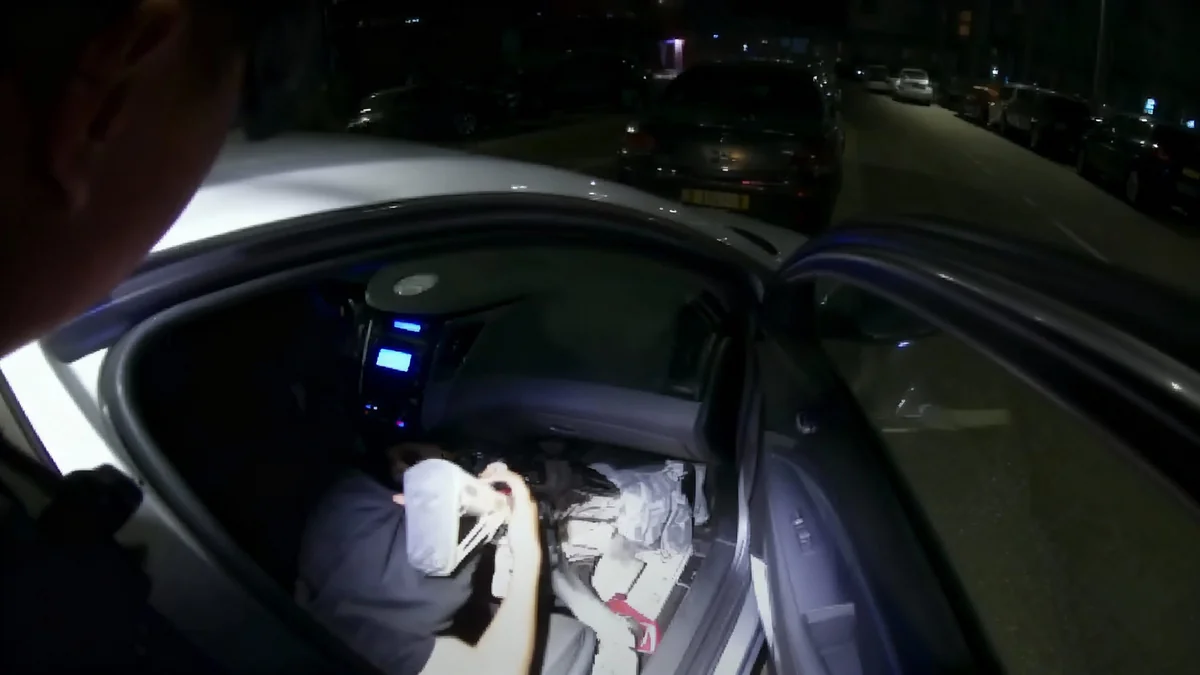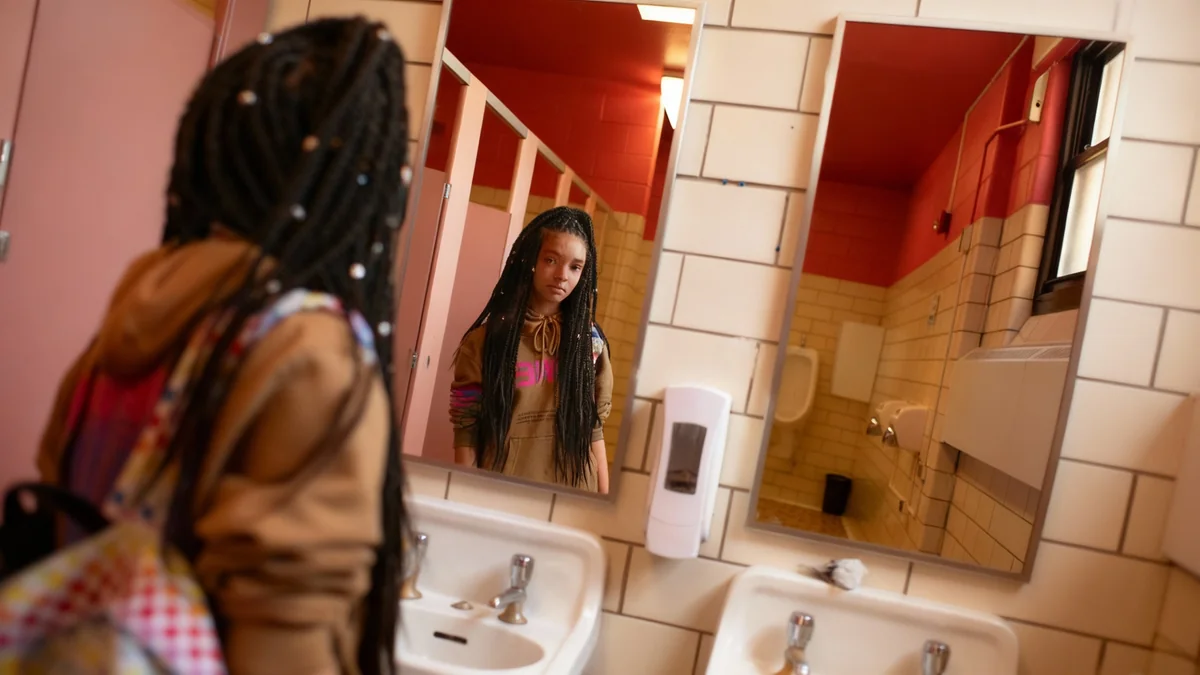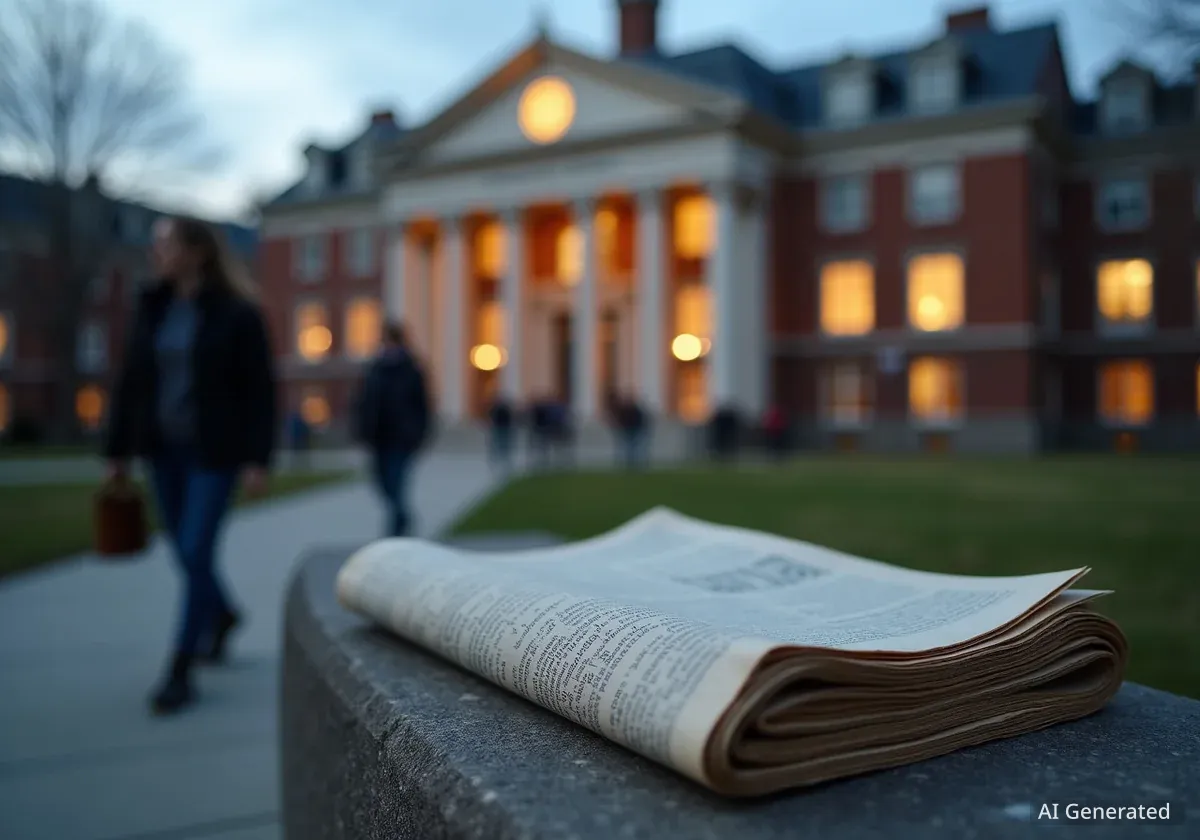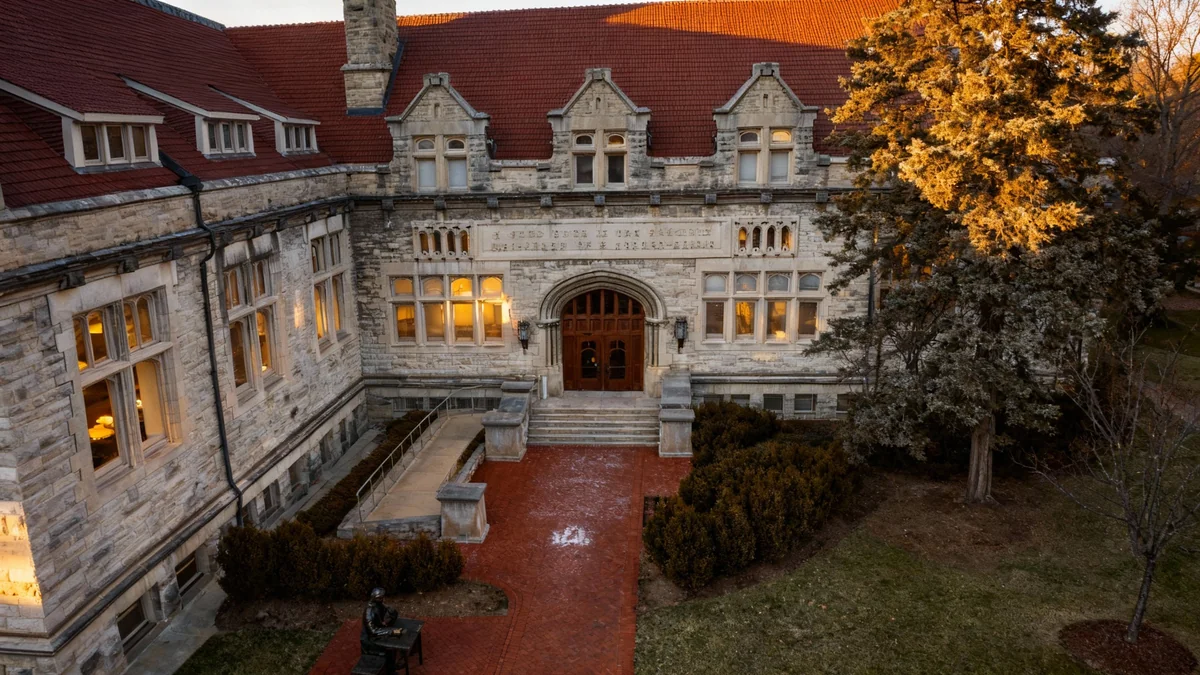Indiana University has terminated a faculty adviser for its student newspaper and permanently ceased all print editions of the publication. The actions followed the adviser's refusal to comply with an administrative directive to exclude news content from a special homecoming issue, sparking a significant debate over student press freedom and censorship at the public institution.
Key Takeaways
- Jim Rodenbush, faculty adviser for the Indiana Daily Student, was fired after refusing to censor the newspaper's print edition.
- Indiana University administrators ordered that the homecoming print edition should not contain any news stories.
- Following the adviser's termination, the university announced the immediate and permanent cancellation of all future print editions of the student paper.
- The move has drawn widespread criticism from First Amendment advocates, alumni, and legal experts who argue it infringes on the editorial independence of student journalists.
Adviser Terminated Over Editorial Independence
The conflict escalated on Tuesday when Jim Rodenbush, the adviser for the Indiana Daily Student (IDS), was dismissed from his position. The termination occurred after he declined a directive from the university's Media School to ensure student editors removed all news articles from the planned homecoming print edition.
Rodenbush stated that he believed the decision was necessary to uphold journalistic principles and his own personal ethics. He defended the students' right to control their own content.
"I had to make the decision that was going to allow me to live with myself," Rodenbush explained. "I don’t have any regrets whatsoever. In the current environment we’re in, somebody has to stand up.”
According to Rodenbush, David Tolchinsky, the dean of the IU Media School, had communicated that the expectation for special print editions was that they would be free of news content. Tolchinsky's termination letter cited Rodenbush's "lack of leadership and ability to work in alignment with the University’s direction" as the reason for his dismissal.
University Ends Print Edition Permanently
In conjunction with Rodenbush's firing, Dean Tolchinsky announced the immediate and permanent cessation of all print publications for the Indiana Daily Student. The newspaper, which is consistently recognized as one of the nation's top collegiate publications, will now operate exclusively online.
A university spokesperson pointed to a prepared statement that framed the decision as a strategic shift. The statement noted a desire to move resources from print to digital platforms to enhance students' educational experiences and address the newspaper's ongoing financial challenges.
Background of the Print Reduction
This decision follows an earlier move by the university late last year to reduce the newspaper's print frequency. Citing financial pressures, the administration scaled back the paper from a weekly publication to seven special editions per semester, designed to coincide with major campus events like homecoming.
Chancellor David Reingold released a separate statement on Wednesday, asserting the university's dedication to press freedom. "The university is firmly committed to the free expression and editorial independence of student media," Reingold stated. "The university has not and will not interfere with their editorial judgment."
Students and Advocates Allege Censorship
The student leadership of the newspaper has characterized the university's actions as an attempt to control their reporting. Andrew Miller, the co-editor-in-chief of the Indiana Daily Student, issued a statement defending Rodenbush and condemning the administration's move.
Miller described the termination as a "deliberate scare tactic toward journalists and faculty." He further stated, "IU has no legal right to dictate what we can and cannot print in our paper."
First Amendment experts have strongly supported the students' position. Mike Hiestand, senior legal counsel at the Student Press Law Center, emphasized that decades of case law protect the editorial independence of student publications at public universities.
"It’s open and shut, and it’s just so bizarre that this is coming out of Indiana University," Hiestand said. He explained that legal precedent firmly establishes that student editors, not university advisers or administrators, determine the content of their publications.
Financial Relationship
The Indiana Daily Student receives approximately $250,000 annually in subsidies from the university's Media School. This funding is intended to supplement declining advertising revenue, a common challenge for print media outlets.
Context of Recent University Coverage
While Rodenbush did not point to a single story that might have triggered the administration's actions, he speculated that it could be part of a broader trend of officials attempting to shield the university from negative press. This occurred as the university prepared for a homecoming weekend celebrating a highly-ranked football team.
In the wake of the print cancellation, the Indiana Daily Student continued to publish news stories on its website. Recent articles have covered several sensitive topics, including:
- The campus screening of a new film critical of the arrests of pro-Palestinian demonstrators last year.
- A report on the number of sexual assaults recorded on campus.
- An FBI raid on the residence of a former professor under investigation for misusing federal funds.
- Ongoing coverage of allegations that IU President Pamela Whitten plagiarized sections of her academic dissertation.
The controversy has now placed Indiana University at the center of a national conversation about the First Amendment rights of student journalists and the role of university administrations in overseeing student-run media.
